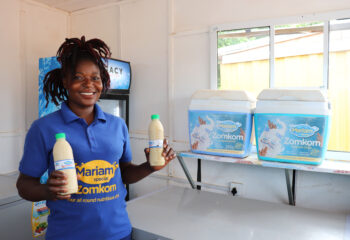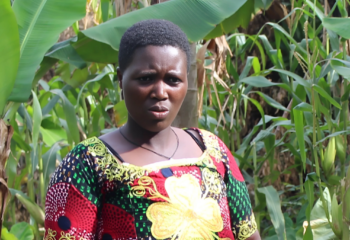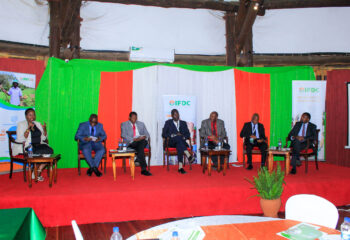Sub-Saharan Africa is reliant on agriculture for development and economic growth. An efficient agriculture sector has the potential to sustainably address food insecurity and poverty on the continent. However, inefficient farming practices, limited access to quality agricultural inputs, and climate change have stifled growth in the sector. IFDC, with support from private and public partners, including donors and governments, addresses these challenges by pairing seed sector innovations with next-generation soil health and plant nutrition technologies. This holistic approach will drive sustainable productivity growth and economic development in sub-Saharan Africa.
According to a report from AGRA and the International Fund for Agricultural Development (IFAD), “Farmer uptake of improved seed [in sub-Saharan Africa] and the increased use of appropriate fertilizer is responsible for driving increased crop yields, achieving 80% higher yields for important food crops.” Furthermore, “Improved seed has been key to unlocking rural economic growth and opportunity, especially for women and the youth.” IFDC believes that developing seed systems in tandem with integrated soil fertility management (ISFM) and other next-generation soil health and plant nutrition technologies is crucial for eradicating hunger, malnutrition, and poverty and promoting environmental sustainability.
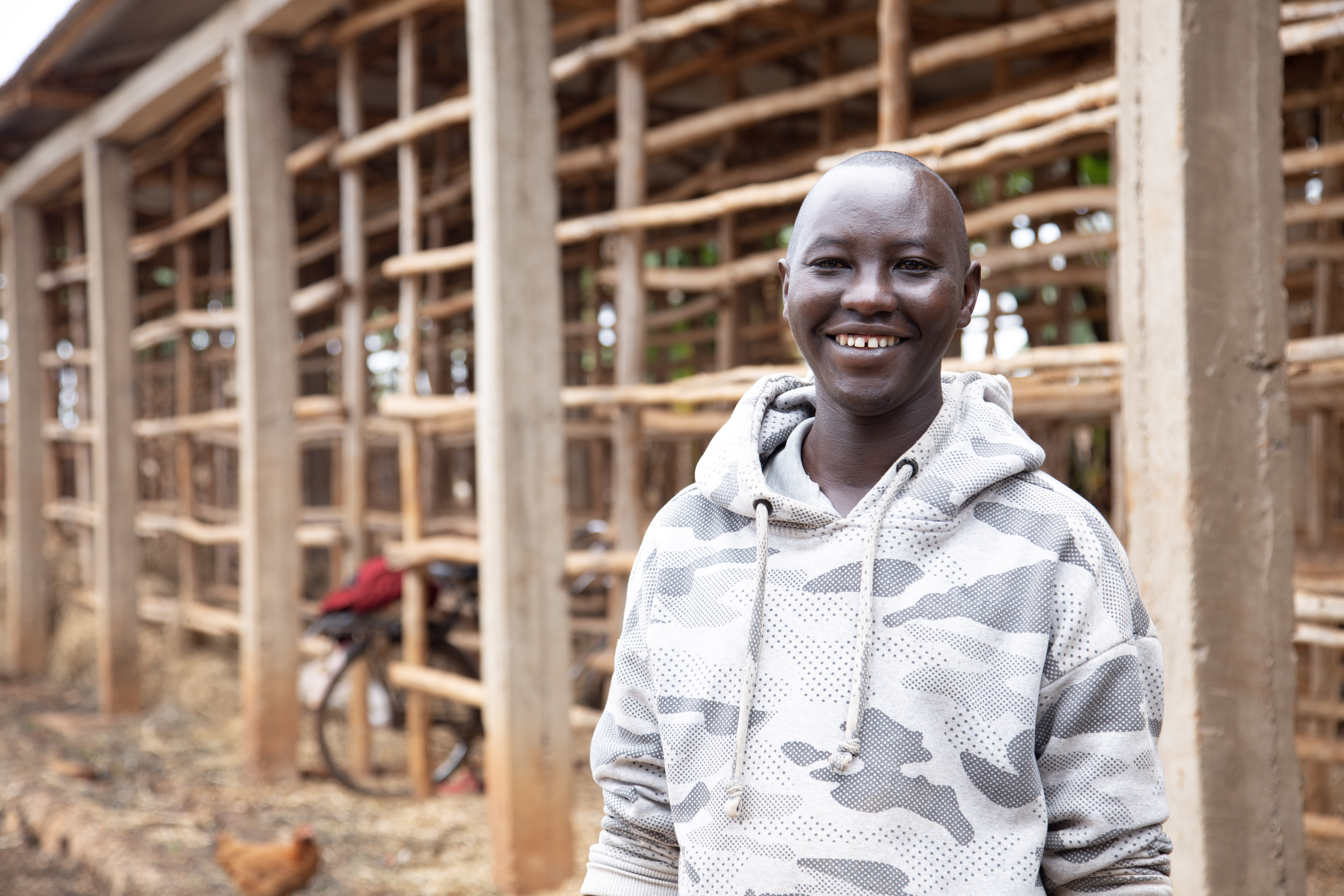
As part of our efforts to innovate, achieve results, and sustain impact at scale, we promote market systems development (MSD), agribusiness, climate adaptation and mitigation, last-mile input delivery, scalable technologies, ISFM, and seed and fertilizer sector development for inclusive and sustainable resilience, agricultural development, and economic growth. IFDC’s projects represent vast seed systems development experience, through which we learn, adapt, and refine current work to inform future programming.
In this article, we will be exploring how three of our projects use seed systems development to promote sustainable productivity growth in sub-Saharan Africa:
- The ISSD/Sahel Project, funded by the Embassy of the Kingdom of the Netherlands and implemented by IFDC, Sasakawa Africa Association (SAA), KIT Royal Tropical Institute (KIT), and International Crops Research Institute for the Semi-Arid Tropics (ICRISAT), seeks to increase rural incomes, improve rural employment, and ensure the food and nutrition security of households in Mali and Niger.
- The PSSD project, funded by the Embassy of the Kingdom of the Netherlands in Burundi, aims to increase the agricultural productivity, food security, and incomes of households in Burundi.
- The A3-SEED project, funded by the Embassy of the Kingdom of the Netherlands and implemented by IFDC and KIT, works to increase incomes from marketable surpluses of targeted commodities, thereby improving livelihoods in South Sudan.
Seed Systems Development at IFDC
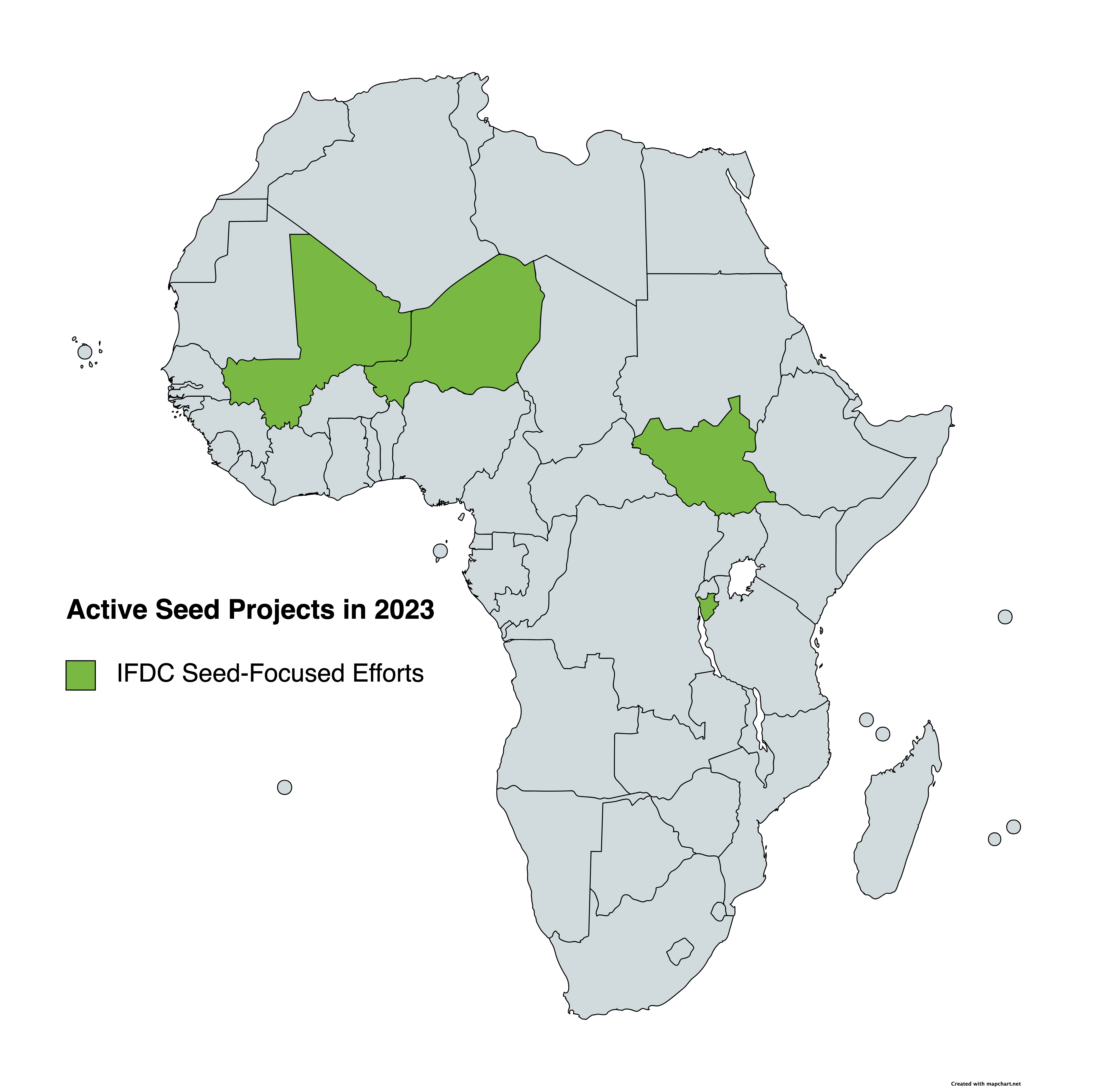
Through our current portfolio of seed projects across sub-Saharan Africa — the Private Seed Sector Development (PSSD) project, the Integrated Seed Sector Development in the Sahel (ISSD/Sahel) project, and the Accelerating Agriculture and Agribusiness in South Sudan for Enhanced Economic Development (A3-SEED) project — IFDC increases awareness and uptake of seed innovations by promoting and producing quality seed varieties, demonstrating best practices, and developing efficient seed delivery systems.
When tailored to the needs of local agricultural actors, these methodologies have proven successful in improving crop yields, social inclusion, market systems development, and resilience to climate change, conflict, and other shocks.
IFDC’s seed systems development work focuses on three core competencies:
- Inclusive Approaches — IFDC’s entrepreneurship path for women and youth empowers them to actively participate in, and benefit from, meaningful work in agriculture, including in seed systems. These entrepreneurs can, in turn, employ others in their businesses.
- Last-Mile Sales and Distribution — IFDC’s seed delivery business model serves the needs of small-scale male and female farmers when acquiring seeds. By improving input marketing, distribution, and production practices, our projects increase farmers’ physical and financial access to quality seed.
- Policy and Enabling Environment —IFDC identifies policy constraints and bottlenecks, such as the absence of seed policies and/or presence of ineffective seed policies, seed inspection systems, and certification, and brings awareness to these issues through discussions with the government, private sector stakeholders, and other actors. Policy improvements can provide a supportive enabling environment for development investments in food security and agriculture.
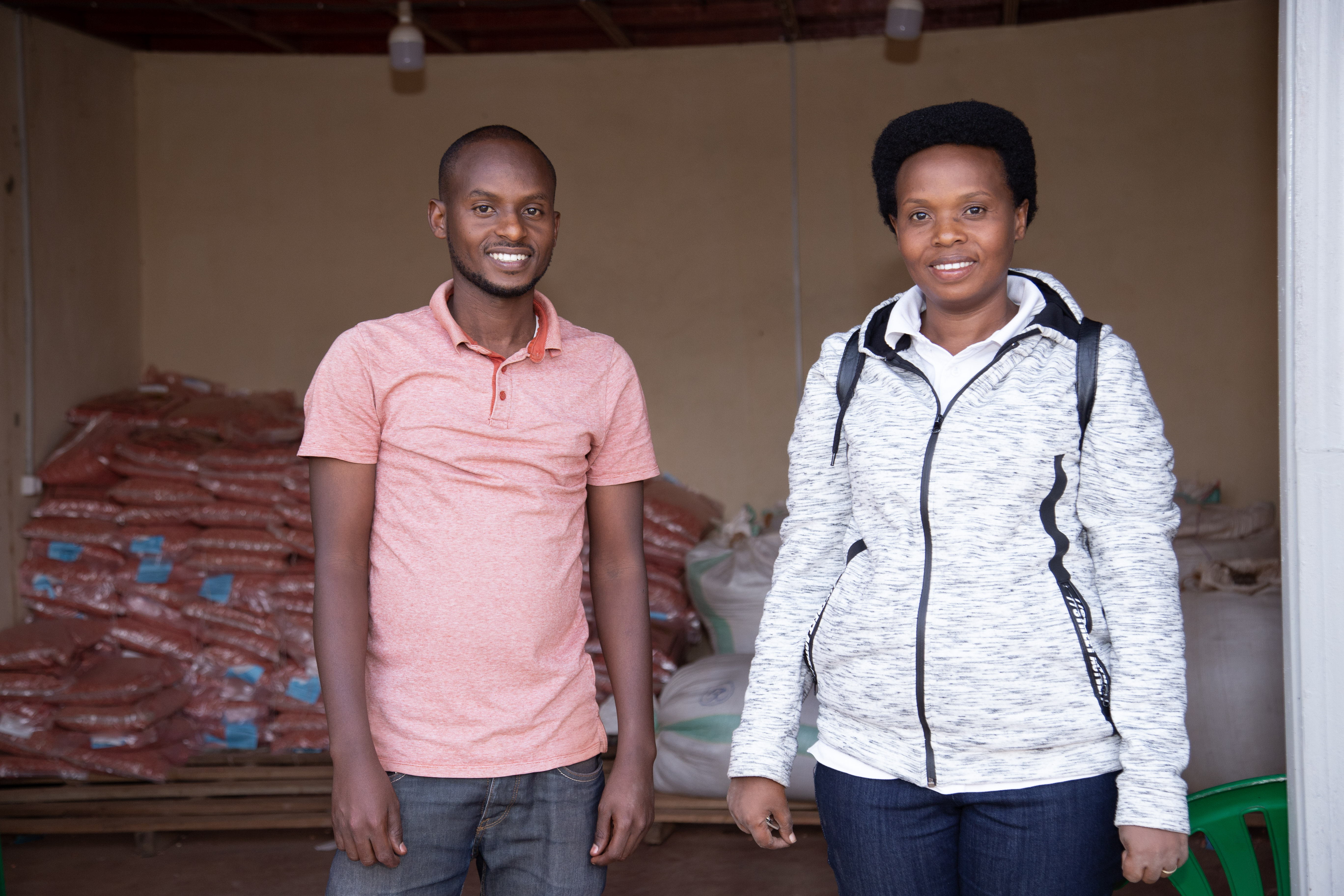
Inclusive Approaches
IFDC’s work in the seed sector prioritizes social inclusion, highlighting the contributions of women and youth entrepreneurs while also expanding women and youth’s involvement.
For example, the A3-SEED project has established a network of Inclusion Champions to bring more women and youth into agriculture sector. The Inclusion Champion network has been fundamental in linking seed value chain actors and providing a platform for actors to share issues, experiences, and inspiring stories of change regarding their businesses or farms.
“I am grateful to IFDC for supporting us through the seed companies and for introducing the agribusiness cluster, an idea that links me to farmers, my main customers.”
Christine, a successful agro-dealer in Yambio, about the Inclusion Champions
IFDC also works to develop vibrant, dynamic, and pluralistic seed systems that acknowledge the role both formal and informal seed systems play in smallholder farmers’ seed supply.
ISSD/Sahel focuses on developing new commercial seed producers, professionalizing seed traders, mobilizing private seed sector expertise for the seed sector, and promoting quality seeds on a large scale to grow the market to a stable and self-sufficient commercial agriculture sector. The objective is to establish a commercially viable and self-sustaining seed sector to ensure that high-quality agricultural inputs are accessible to and adopted by local farmers, youth and women farmers included.
IFDC uses a decentralized approach to develop the seed sector with certified seed producers and sellers located at the village level, which means that seed is available in even the most remote villages. Local producers, previously stuck using poor quality seed that produced crops riddled by pest and disease, are pleased with their newfound access to quality seed.
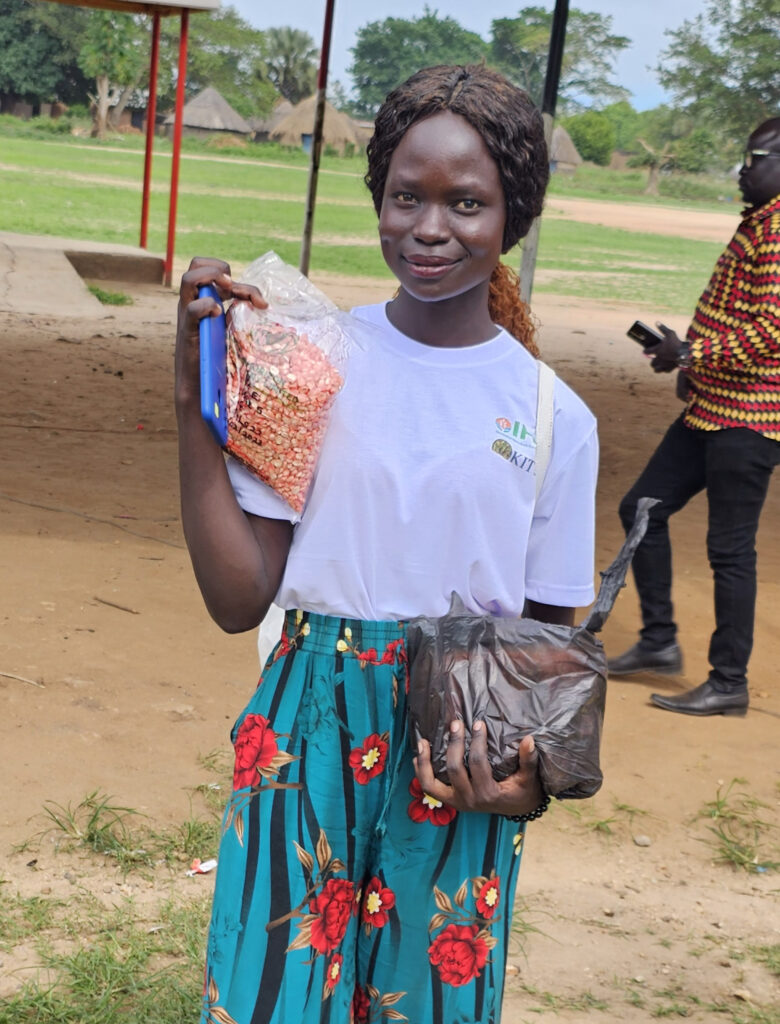
To encourage farmers to invest in quality seed, PSSD uses micro-demonstration plots, certified seed promotion, and radio advertising. Farmers can see for themselves the benefits of improved seed varieties, such as increased profitability, yield production even in adverse growing conditions, pest and disease tolerance, and better marketability with higher crop prices. As a result, improved seed varieties and systems have significantly impacted household yields, income, and nutrition in Burundi.
Most farmers who have bought certified seed continue to use it and even encourage their neighbors to do so. Immaculate Kabaganwa, a farmer who increased her production using certified seed, said, “I appeal to farmers who have not yet had the opportunity to use the certified seed to try it because it is more profitable, and the difference is remarkable.” The demonstrated high yields and resulting benefits, including increased household income and nutrition, motivate farmers to invest in certified seed.
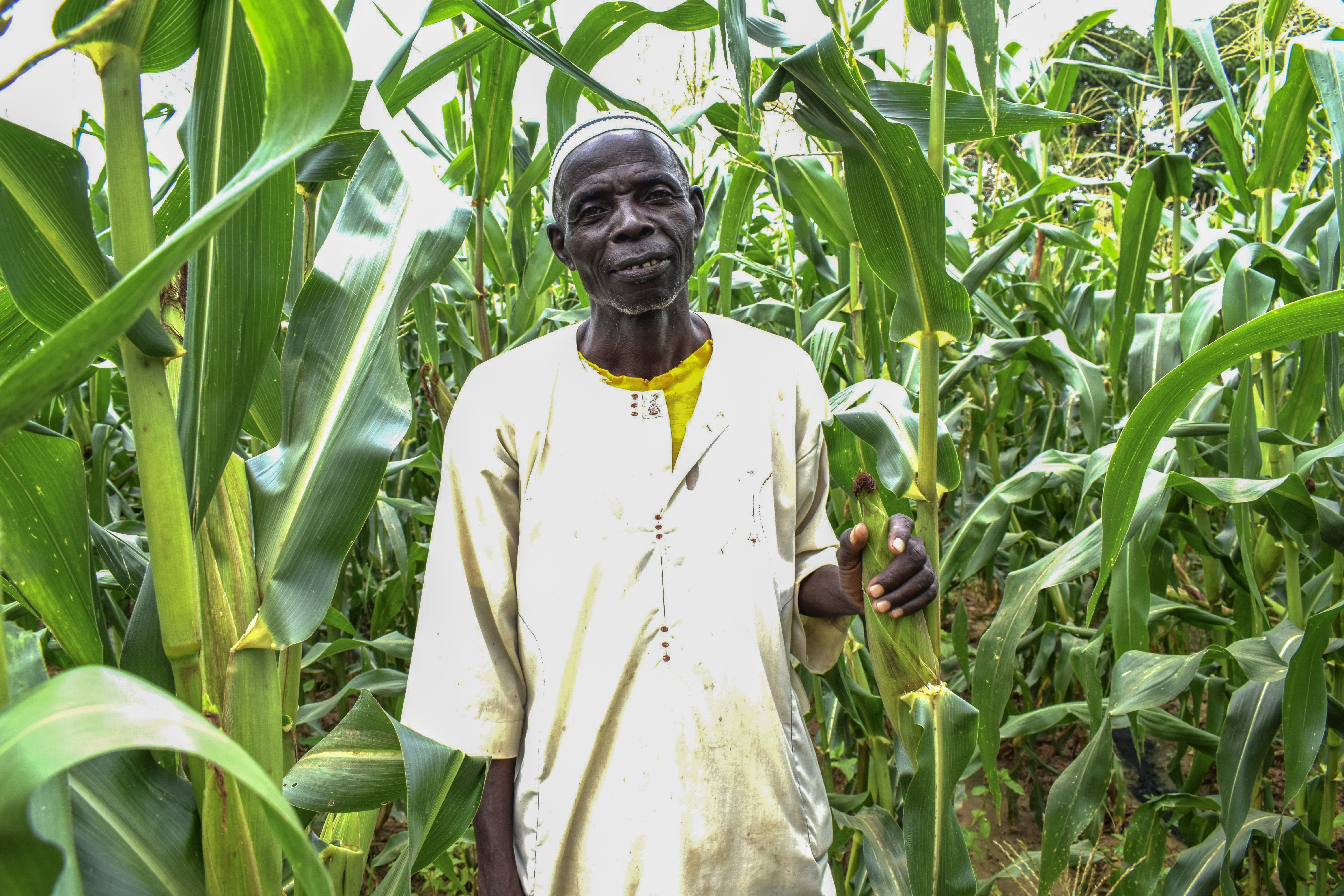
Last-Mile Sales and Distribution
IFDC works with local seed companies to improve seed production, marketing, and last-mile distribution. A3-SEED, ISSD/Sahel, and PSSD improve access to quality seed through tailored strategies for smallholder farmers, seed companies, and agri-entreprenuers, including last-mile distribution, innovative packaging, and improved storage techniques. Efforts to upgrade the quality of local inputs address improper seed storage, which leaves next harvest’s seed prone to droughts, pests, and diseases — locking farmers in a downward spiral of poor yields and driving the country into food insecurity.
Our seed projects host demonstration trials, distribute sample seed packs, conduct field visits and follow-ups with agronomists, and hold promotional events, such as learning/training events, trade shows, market days, and radio shows.
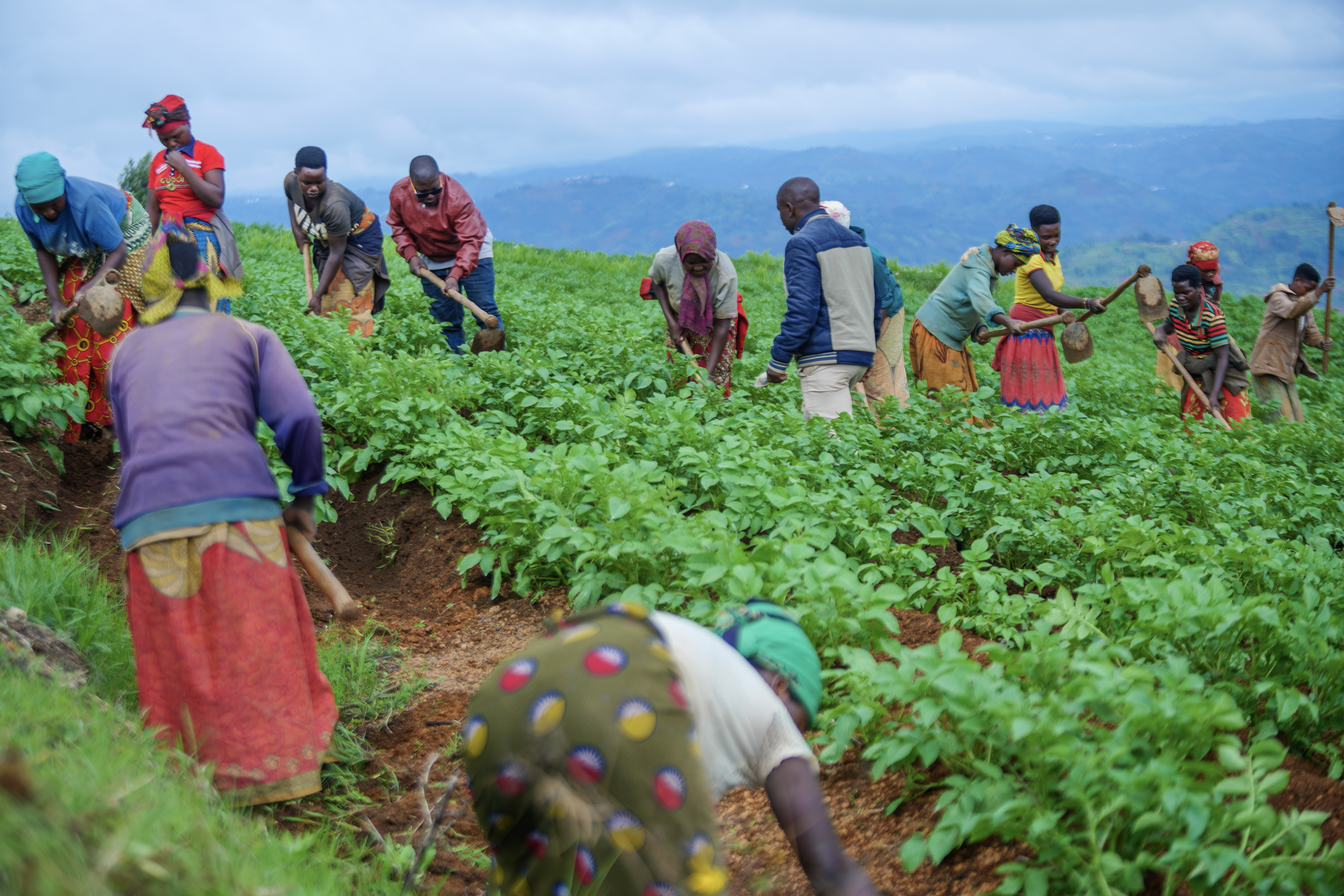
Through training, knowledge-sharing, and capacity-building, IFDC introduces and promotes the use of good agronomic practices among farmers. As farmers’ awareness of quality agricultural inputs increases, uptake of quality seeds and approaches on local farms increases, resulting in higher demand for high-quality seeds.
For example, participating seed companies have doubled their production since the A3-SEED project launch in 2021. This increase in production can be traced to farmers’ increased awareness of the importance of quality seed, which was gained through participation in project activities. Production increases in the local seed and agriculture sector were also linked to the projects’ establishment of additional points of purchase, which ensure seed and other agro-inputs are available to rural producers.
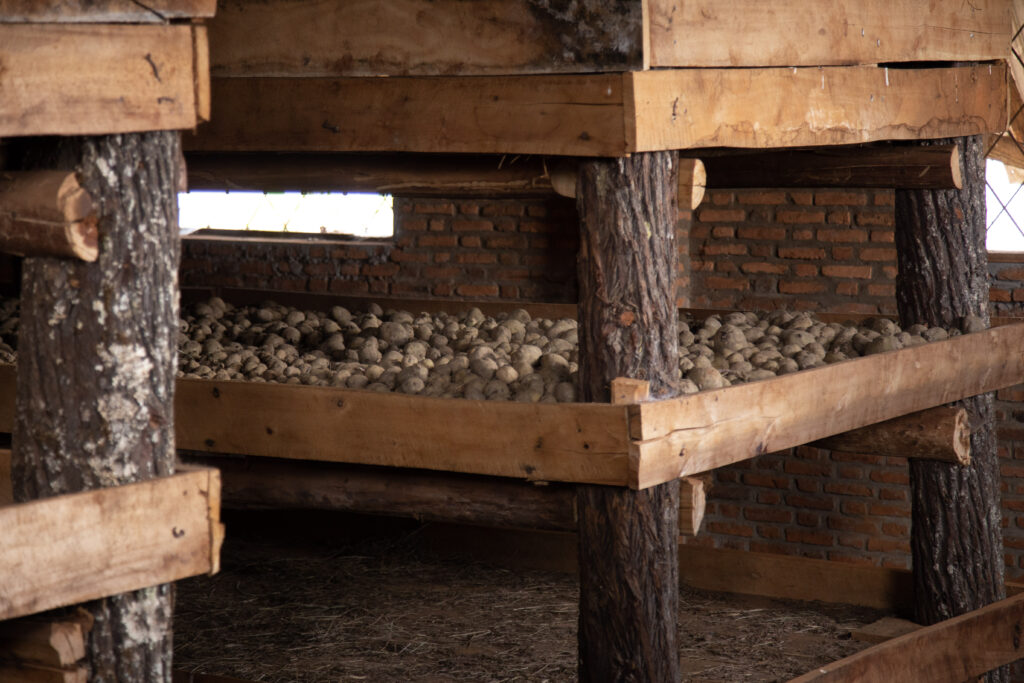
Policy and Enabling Environment
Through training, knowledge-sharing, and capacity-building—including seed packaging, policy, quality control, and seed conservation—provided by IFDC, seed sector actors and organizations improve their understanding of for-profit seed activities.
Our seed programs often conduct training for producers, seed companies, and laboratories to sustainably improve the seed sector. For instance, the ISSD/Sahel project hosted a training at Mali’s national laboratory for seed quality control (LABOSEM), which covered a wide variety of seed topics, such as seed legislation, technology, national and international systems, quality control assessments, and conservation techniques.
Togo Maria Guindo, a female seed agent at the lab, reflected on the benefits of the training, saying, “It improved our knowledge of the seed certification process, which includes field inspection, off-type counting and identification, disease and weed assessments, tolerance level testing, sampling, laboratory control, and labeling.” The laboratory’s newfound knowledge helped it to analyze the quality of local rice, maize, sorghum, millet, and cowpea seeds, increasing producers’ access to quality seed and thus improving their productivity.
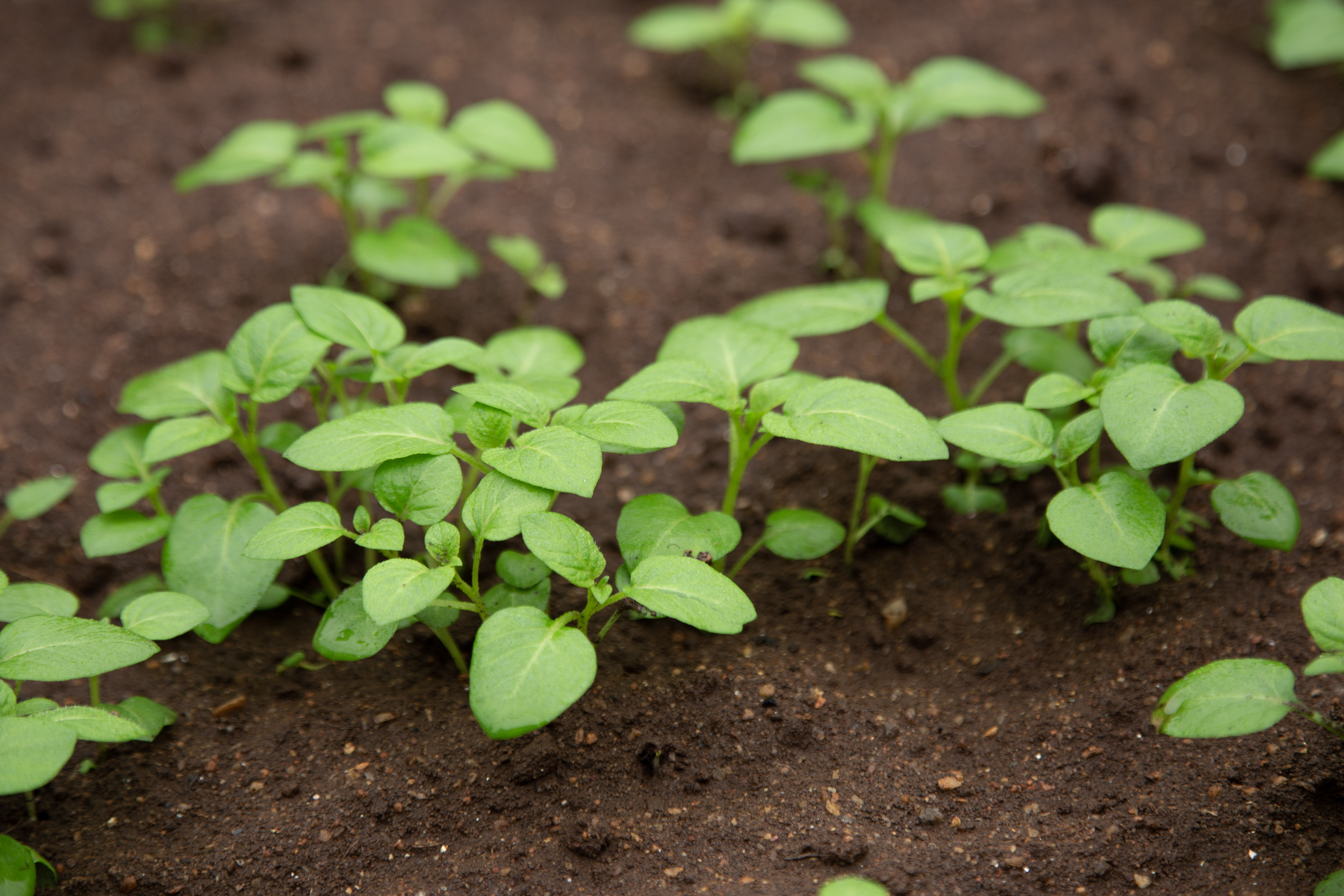
ISSD/Sahel has also supported the development of two Feuille de Route Nationale Semencière (FdRNS) documents, or national seed maps. These strategic documents guide actors to increase farmers’ access to and use of improved, high-quality seed varieties. The documents also support the government, seed sector actors, and development partners in exploring and agreeing on ways to foster the development of the seed sector in a coordinated, harmonized, and structured manner.
Integrating Seed Approaches for Sustainable Agricultural Development
IFDC seed projects take an adaptive form to ensure lasting productivity growth and economic development. PSSD, ISSD/Sahel, and A3-SEED regularly engage in mutual learning and knowledge-sharing with other projects, seed cooperatives, representatives of the Ministries of Agriculture, and research institutions. Most recently, the ISSD/Sahel team traveled to Burundi for an exchange visit, during which the PSSD team shared many experiences and successes. The ISSD/Sahel project is adapting successful approaches implemented by the PSSD project to the Sahelian context using the knowledge acquired during the trip.
Together, the A3-SEED, PSSD, and ISSD/Sahel projects aim to see over 458,000 farming households in sub-Saharan Africa adopt quality seeds, therefore improving food security and diversity of diets in the region.

